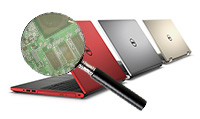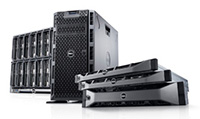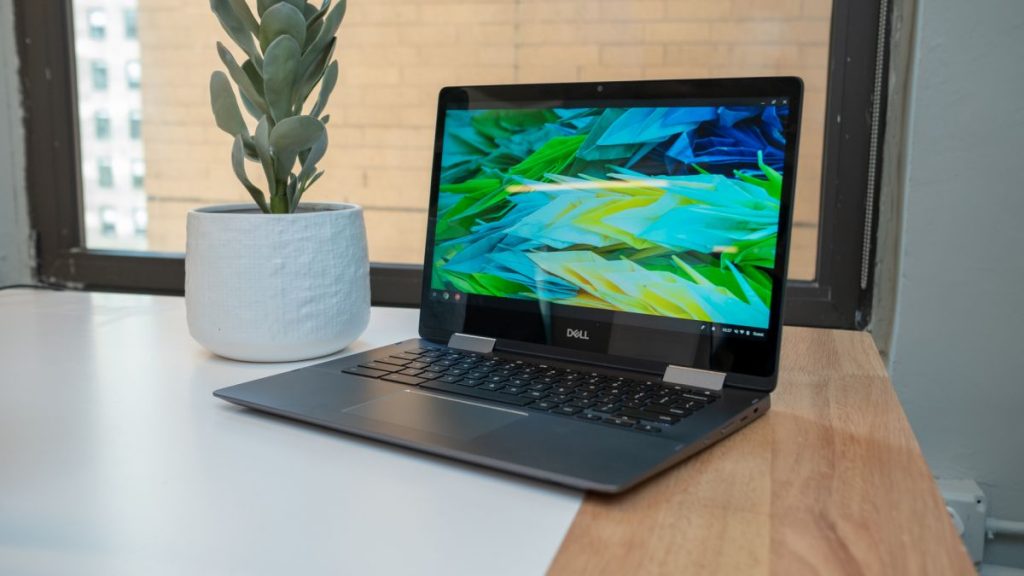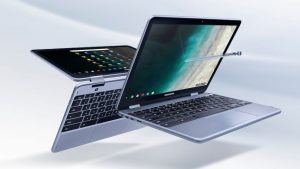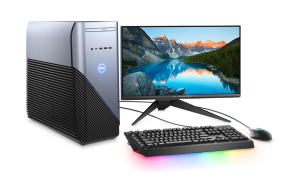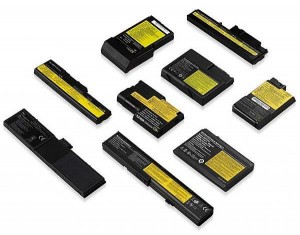

Most people probably don't know that after their batteries reach about 80% of charge capacity an equal amount of time may be expended completing the remaining 20% in order to fully top off a battery. That happens because the charging hardware has to make some rough and not very accurate estimates of a battery's level of charge. Typically that is accomplished by measuring amperage and voltage to monitor a battery's behavior. When those crude measurements signal that the charge may be approaching completion, the rate of charge is drastically reduced to prevent damage to the battery in the event of a miscalculation.
The result is that batteries have to be larger, over-designed, over-weight, and more costly.
Bring in the Rocket-Scientists
A team of engineers at the University of California, San Diego (UCSD) is developing a methodology utilizing sophisticated algorithms that estimate a battery's charge level with substantially greater accuracy than previously possible. That allows batteries to continue charging at full power input right up to the point of full charge, thereby cutting charge time in half. Use of those algorithms is expected to result in lighter battery designs that may cost 25% lessthan those currently in use. Apparently someone told them to do the math, and they did.
That UCSD research program is the result of a $9.6-million grant from the Department of Energy's research agency know as ARPA-E, in conjunction with battery manufacturer Cobasys and automotive products supplier Bosch. UCSD's share of that grant is about $460,000.
One of the lead researchers said the algorithms being developed allow for operating "right at the battery's limits without damaging it". Those UCSD engineers may not specifically be rocket-scientists, but close enough; and even better for the kind of work they're doing.

 Laptop & Tablet Parts
Laptop & Tablet Parts